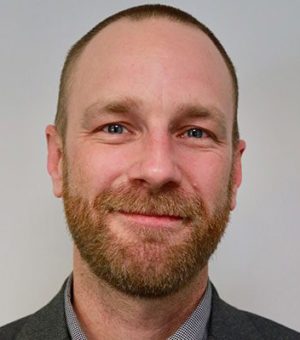The Clean Slate Clearinghouse
Tools to help you understand record clearance policies in your state
Roughly 70 million adults in the U.S. have a criminal record. Additionally, more than one million youth are charged with crimes and acquire juvenile court records each year. Criminal record clearance enables a person’s criminal history information to be removed from easy public access, most often with the goal of improving employment and other outcomes for the affected person. The Clean Slate Clearinghouse provides people with criminal records, legal service providers, and state policymakers with information on juvenile and adult criminal record clearance policies in all U.S. states and territories.
The Clean Slate Clearinghouse helps support criminal record clearance around the country by:
- Providing people with criminal records and non-legal service providers with accurate, up-to-date information on record clearance and mitigation as well as contact information for legal service providers;
- Creating a community of practice that supports legal service providers currently engaged in record clearance work and gives the tools and resources needed to support new legal service providers; and
- Giving policymakers the information needed to compare their state’s record clearance policies to the national and regional landscapes and to learn about best practices.
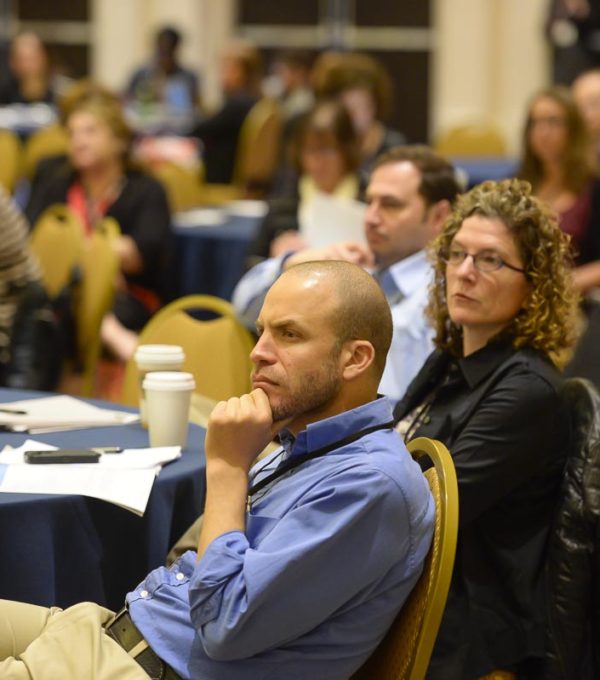
Hosted by the Clean Slate Clearinghouse with funding support from the U.S.
Read More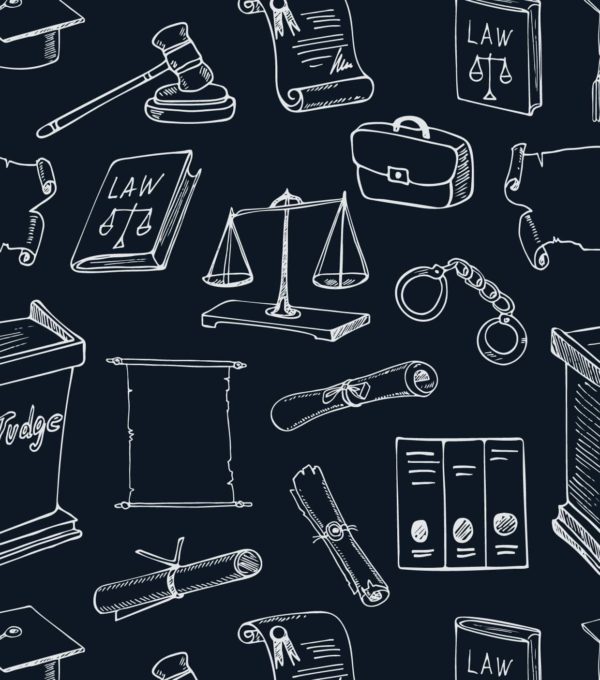
For the Record is produced by the Clean Slate Clearinghouse and features…
Read More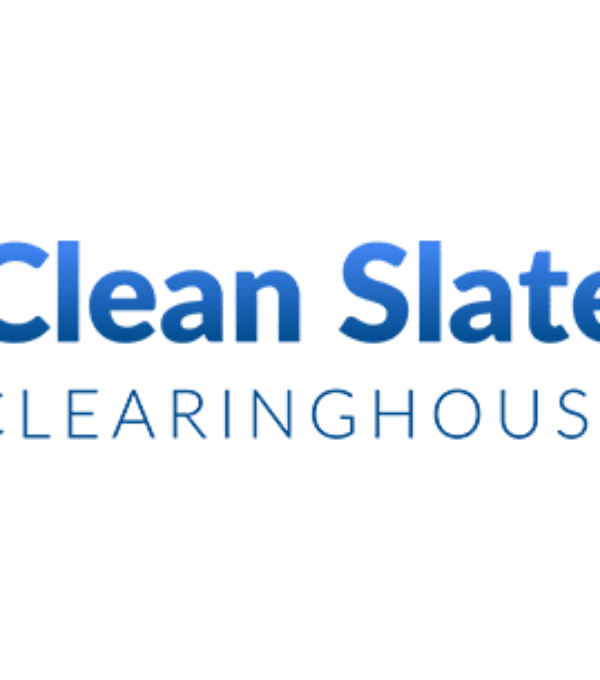
Recently, the National Reentry Resource Center, with funding support from the U.S.…
Read More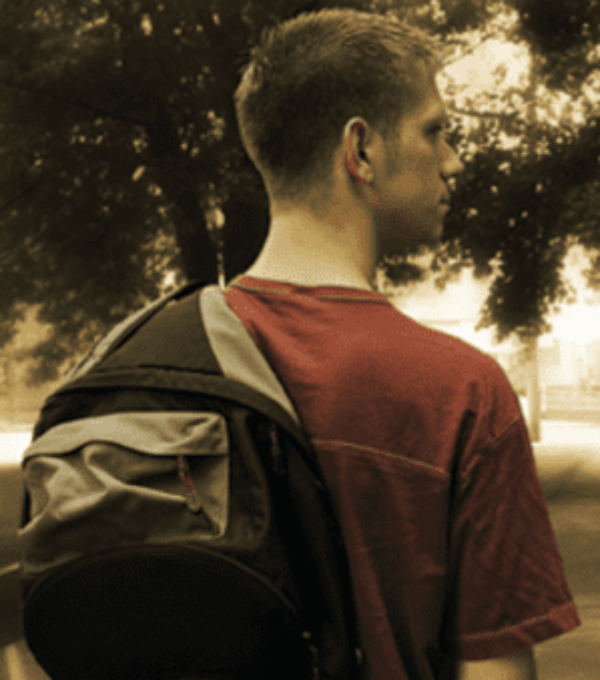
After a conviction, people often face severe, unanticipated penalties beyond the court’s…
Read More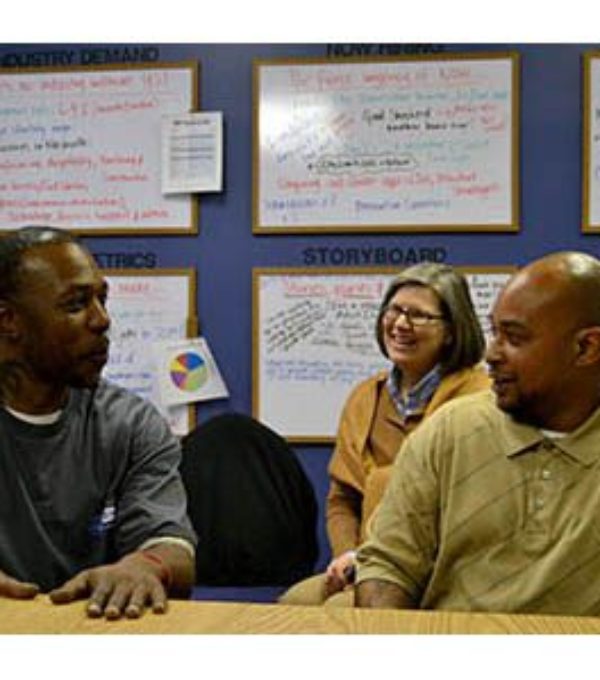
Bettie Kirkland, the executive director of Project Return in Nashville, joins For…
Read More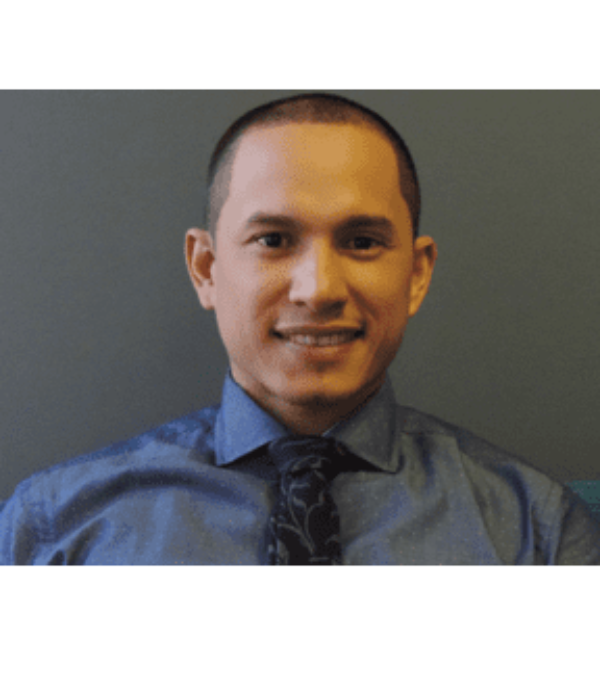
The inaugural episode of For the Record features an interview with criminal…
Read More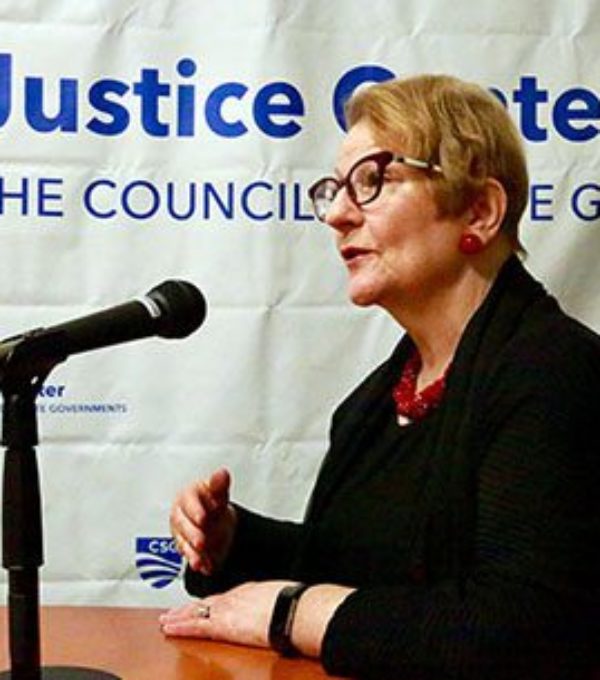
Esta Bigler, the director of the Cornell University Industrial and Labor Relations…
Read MoreKey Staff

